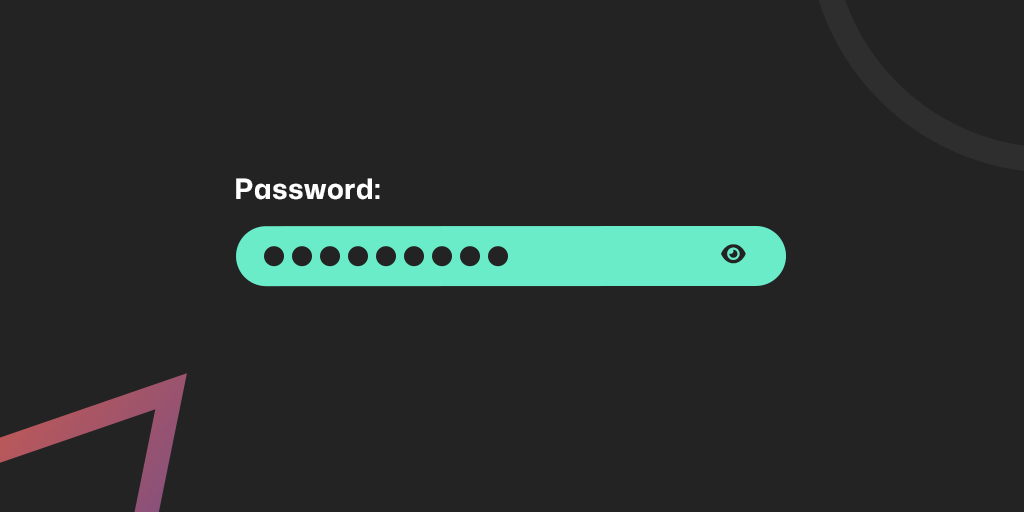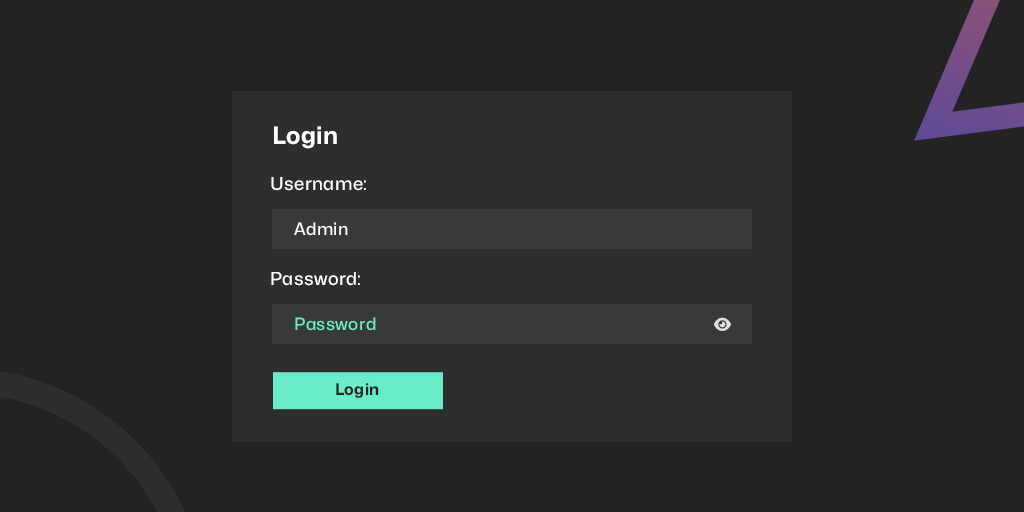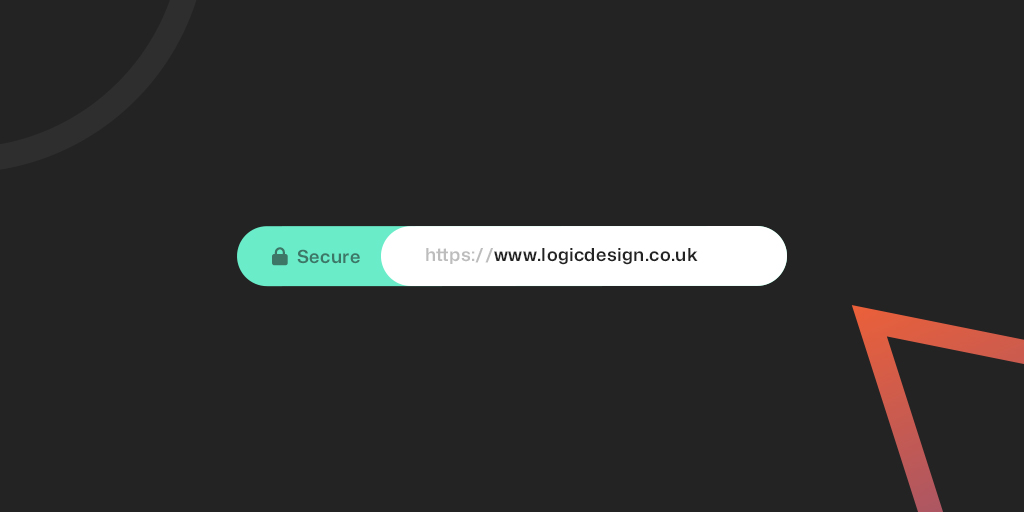After the largest cyber-attack in NHS history, it’s no wonder why website security has become more important than ever. If you’re reading this and wondering how to improve website security, you’ve reached the right place.
Website Security Tips
Computer screens turning to black, operations and appointments being cancelled, and criminals demanding money for employees to retrieve access to medical records; hackers can be incredibly powerful and dangerous. So, we have some website security tips on how to keep your information safe and secure.
How to Improve Website Security
Strong Password

There are helpful tools online nowadays, when you are a creating a new password, that measure the strength of it. Making sure that you have a ‘very strong’ password with a variety of letter sizes and symbols within it, and changing it regularly is the best and easiest way to protect your website.
Software Updates
As soon as your website becomes slightly outdated, it becomes vulnerable – consistent updates are necessary. Luckily, WordPress updates all the time which saves you the hassle of doing it yourself. We also offer automatic updates for your software if you sign up with us – read about our website hosting services.
User Management
Take into consideration how many users you need for your website – surely, they don’t all have to be admins? Apply different levels of access to your users to confine how many accounts would be useful to a hacker, and make sure you don’t use obvious usernames such as ‘admin’ as it isn’t exactly hard to guess!
Plug-ins
Plug-ins may seem ideal, being able to do anything you want, but there can be underlying issues with them. You must make sure you do your research: look on community support websites, make sure it is supported and up to date, and confirm that it is of good quality and from a reliable source.
Limited Login Attempts

If there are more than three attempts from the same IP address to login to your website, then you can restrict access for an amount of time, making them go somewhere else. Hackers may use different IP addresses, but this limitation wastes their time, making it more difficult to break in, therefore improving your website security.
Back-ups
As much as you want to avoid disasters and losing all your hard work, it can happen, so back-ups are a fail-safe way for you to restore your website after an incident. They are a safety net and, if performed regularly and stored on a secure server, your problems can be resolved in a matter of seconds.
Secure servers mean website security
Even though cheap websites and cheap hosting seem ideal, low price servers often mean shared hosting with a million other websites so, as soon as one website is hacked, it is inevitable that yours will be too. You should choose a highly secure, up-to-spec server that is right for you and your website security. We can advise and provide protected hosting options for you here at Logic Design, including managed WordPress hosting.
Malware Scans
Just because you can’t see it, doesn’t mean that it’s not there – that’s why malware scans are so vital for your website security. Something so simple yet so effective can prevent you from losing any of your files or information. The more regular the scans are, the quicker the problems can be erased.
SSL certificates

A Secure Sockets Layer (SSL) encrypts the connection between a web server to a browser which means that it is much harder to be hacked. It is definitely worthwhile investing in a SSL certificate because it will protect your login details and sensitive data, such as bank information, from hackers and viruses.
Web Application Firewall (WAF)
Currently, there are clever applications that can be installed to help protect your server and your website security. These are called Web Application Firewalls (WAF) which oversee data transmission and analyse whether it is secure or not. If it is dangerous traffic, the firewall can screen it and remove it so it doesn’t harm any of your work. Genius!
Website Security Advice
Follow these website security tips to make your website more secure. Just like the way you make sure no one can break into your house, website security should be no different. A door, a lock, a chain, a burglar alarm, they all contribute in making your home safe and secure, so why not treat your website in the same way? Take these little steps to stop hackers and answer the evermore important question of how to increase website security!
If you want to talk to our experts about what we can do for your business and what support we can offer you, contact us on 01473 934050 or email hello@logicdesign.co.uk.
You can also enquire about website hosting using our contact us form.